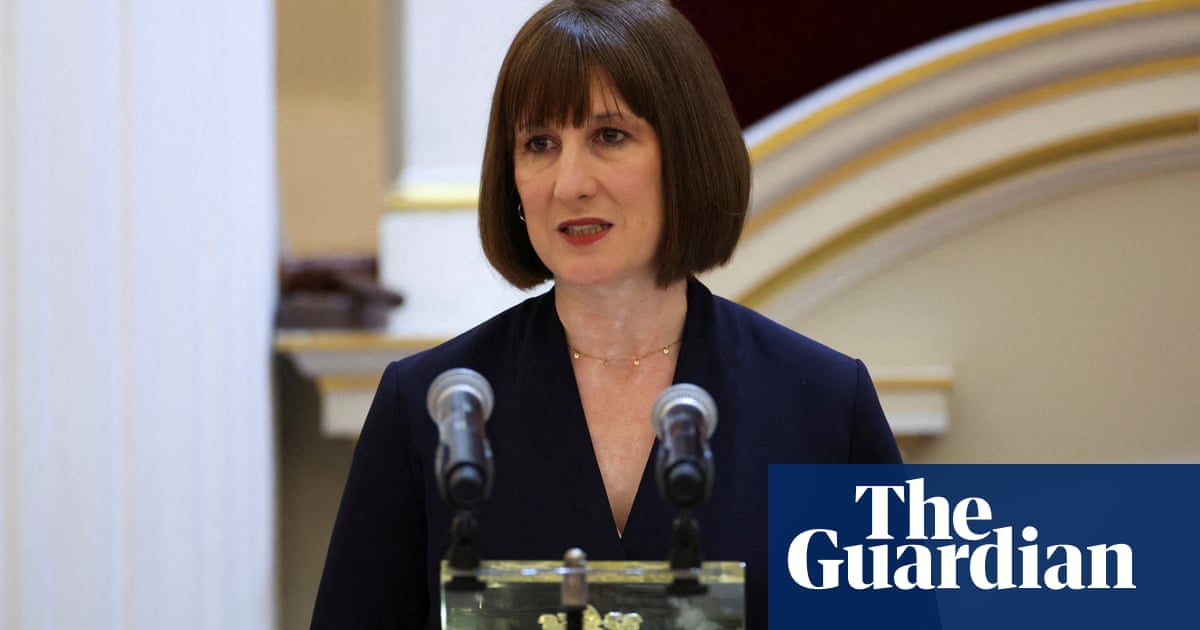Keir Starmer has named 30 new peers, including his former chief of staff Sue Gray, as the government moved to rebalance the political forces in the House of Lords after major reforms to the upper house were put on hold.
In the much-trailed announcement, a string of other Labour grandees were appointed, including the former ministers Thangam Debbonaire and Kevin Brennan; the longtime Tony Blair staffer Anji Hunter; and the former TUC head Brendan Barber.
The new Labour peers also include Luciana Berger, the former MP who quit the party over concerns about antisemitism under Jeremy Corbyn; David Evans, who was Labour’s general secretary; and the former Welsh first minister Carwyn Jones.
In addition to Gray, another of Starmer’s former close aides, his ex-head of strategy Deborah Mattinson, was named.
Of the new Labour peers, 17 are women, after the party pledged to redress the gender imbalance in the upper house.
Six new Conservative peers were also appointed, including Thérèse Coffey and Rachel Maclean, ex-ministers who lost their seats at the election.
The Tory list, compiled by Kemi Badenoch, included two people sympathetic to her views on the culture wars: Toby Young, the journalist and free speech advocate; and Nigel Biggar, an Oxford academic who has argued for a more positive view of Britain’s colonial past.
Young said he aimed to work with Badenoch “on how to restore free speech to pride of place in our democracy and repair the damage Keir Starmer has done to this vital human right”.
Two Liberal Democrats were made peers, including the party’s former president Mark Pack.
Gray, a senior civil servant who joined Labour before the general election, was appointed No 10 chief of staff after Starmer became prime minister.
She stepped down from the role in October amid tensions with Starmer’s head political strategist, Morgan McSweeney, who replaced her.
Downing Street said Gray, whose expected peerage was revealed by the Guardian, would take up a post as Starmer’s envoy to the nations and regions, but she turned this down.
The list of political peerages, which are separate to other upcoming lists such as Rishi Sunak’s resignation honours, still leaves Labour short of a majority in the Lords, which has more than 800 members and is the biggest legislative chamber in the world apart from China’s National People’s Congress.
The new intake moves Labour up to 215 active peers, against 277 Conservatives, although 45 of the latter are hereditary peers, who are due to be removed from the chamber.
While Starmer has previously pledged to replace the Lords with an elected second chamber, for now the government has committed only to getting rid of the hereditary peers.
after newsletter promotion
A Labour source said the party remained “committed to an overdue programme of reform” but that immediate action was needed first.
“The Tories stuffed the House of Lords, creating a serious imbalance in the chamber,” the source said. “This needs to be corrected to drive through the government’s plan for change and deliver on our mandate from the British people.”
Gray’s move from the civil service to Labour prompted criticism at the time from a number of Conservative MPs, with some noting her previous role in heading an investigation into Downing Street parties under Boris Johnson.
The Conservatives, however, did not comment on her appointment to the Lords, with Badenoch’s party perhaps mindful of its own record on peerages.
Despite recommendations that the Lords should be cut to about 600 members, a large number of new Tory peers were appointed during the Conservative government’s revolving door of leadership, some of whom have made barely any contribution since.
In contrast, Friday’s list of peers largely consists of people with a long record of political or public service.
The Labour nominations include the likes of Mary Bousted, a former head of the National Education Union; Anne Longfield, who was children’s commissioner for England; and Claude Moraes, the veteran civil liberties campaigner, as well as a number of other former MPs.

.png) 3 weeks ago
16
3 weeks ago
16













































